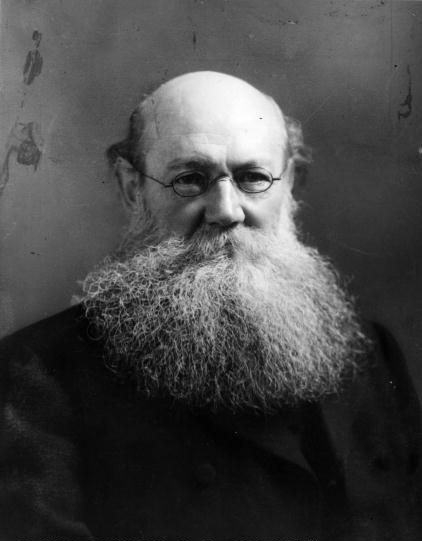Revolutionary bread
A recent arson attack on Freedom Books – the Anglophone world’s oldest anarchist bookshop, tucked away in an alley next to London’s Whitechapel Gallery – reminded me of the political significance of bread. Stay with me.
The bookshop was founded by a group including the Russian anarchist Prince Peter Kropotkin in 1886. Amongst Kropotkin’s works was the book The Conquest of Bread, a title that reflected the immediate concerns of Europe’s impoverished peasant and working classes at the time.  Anarchism may not be a mainstream political position, but everyone knows about the Russian revolution of 1917. It was desperate workers demonstrating in St Petersburg to demand bread that was one of the key events that led to the Russian revolution of February 1917 and the abdication of the tsar, an event that would change the course of history.
Anarchism may not be a mainstream political position, but everyone knows about the Russian revolution of 1917. It was desperate workers demonstrating in St Petersburg to demand bread that was one of the key events that led to the Russian revolution of February 1917 and the abdication of the tsar, an event that would change the course of history.
Perhaps even more people are familiar with the story of Marie Antoinette, wife of Louis XVI of France, who is alleged, when told that the peasantry lacked bread, to have said ‘Let them eat cake’ (more properly, brioche). The French revolution led to Marie Antoinette’s eventual execution, though not for her thoughtlessness regarding baked goods and the rural poor: there is no evidence that she ever spoke the famous line. It is actually an anecdote from Jean Jacques Rousseau’s Confessions; Rousseau’s works, of course, were a major influence upon the French revolution.
Incidentally, I would recommend H. E. Jacob’s book Six Thousand Years of Bread to anyone with even a passing interest in the subject. An account of human history as influenced by this humble food, it’s a fascinating read and will make you see bread in a very different light.
